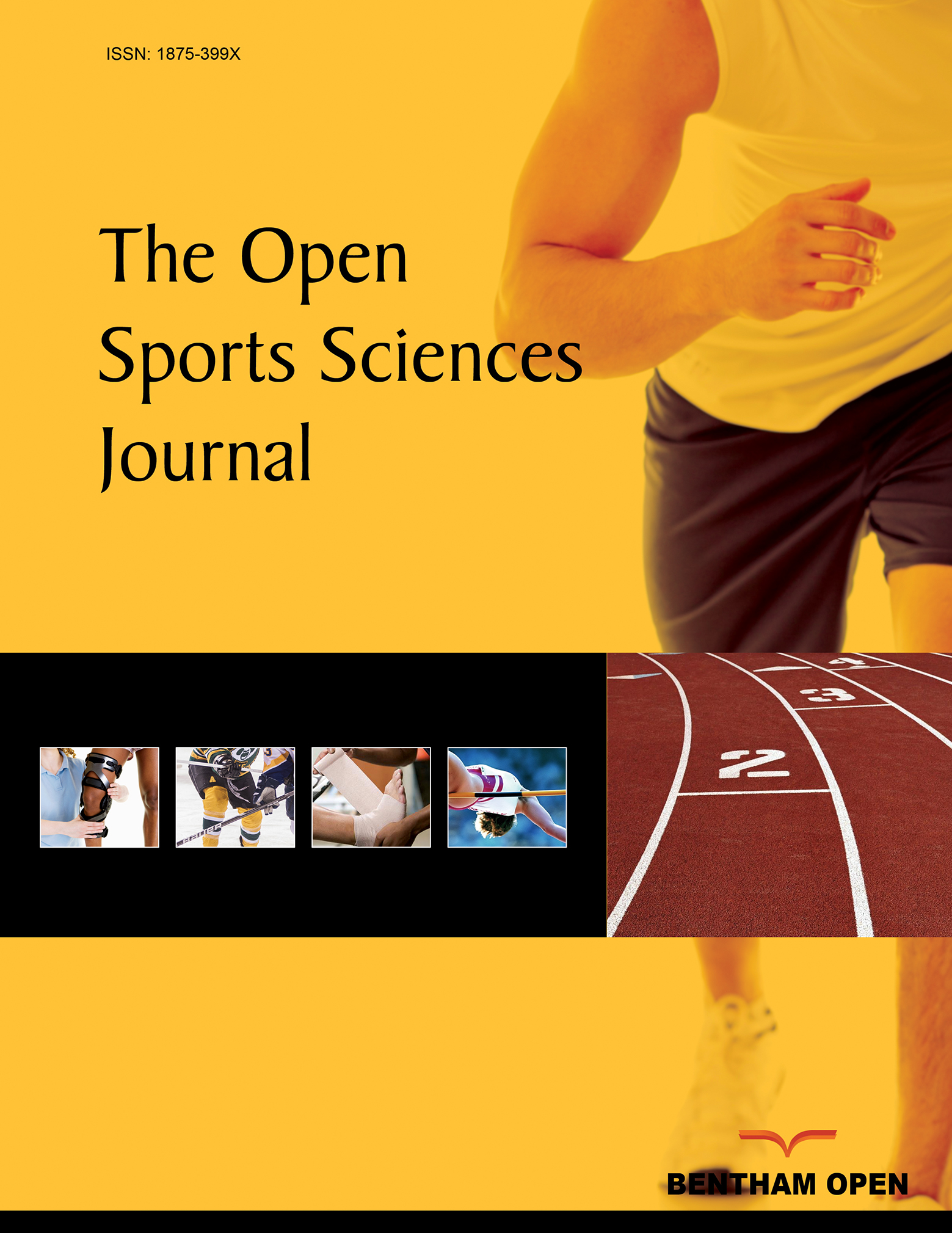All published articles of this journal are available on ScienceDirect.
Assessment of Achievement Goals in Portuguese Football Referees: Exploring the Adaptation of the Task and Ego Orientation in Sport Questionnaire (TEOSQp)
Abstract
To measure goal perspective in sport, reflected by Achievement Goal Theory [3], Duda & Nicholls [7] developed the Task and Ego Orientation in Sport Questionnaire (TEOSQ), that comprises 13 items to assess athletes dispositional goal orientations. However, the Portuguese version of TEOSQp, was validated in several contexts of sport: young football players [4], sport athletes, recreational exercisers and physical education students [5], and physical education students [6]. So, the main purpose of this study is to assess the factorial validity of TEOSQp and confirm the two factors model structure in a football referees population. This propose was accomplished using confirmatory factorial analysis (CFA) procedures, with data from a sample composed by 200 Portuguese football referees (155 main referees; 45 assistant referees), from different categories (69 first category; 131 third category). Adopting the criteria proposed by Hu & Bentler [9], the results of CFA only provided support for two-factor structure and showed an reasonable model fit to the data with a 11-items model (χ2=67.42; df=43; p=0.01; χ2/df=1.56; SRMR=0.063; CFI=0.955; RMSEA=0.053; RMSEA 90%IC=0.026-0.077). This model also show acceptable reliability in Cronbach's alphas for both factors (ego=.82; task=.74). These findings lead us to the elimination of item 9 and 12. However, good factor validity and reliability characteristics of the TEOSQp was obtain with the 11-items model. Nevertheless, perhaps some caution is needed in interpreting these results and more studies are advisable to a strong adaptation of TEOSQp to football referees.


